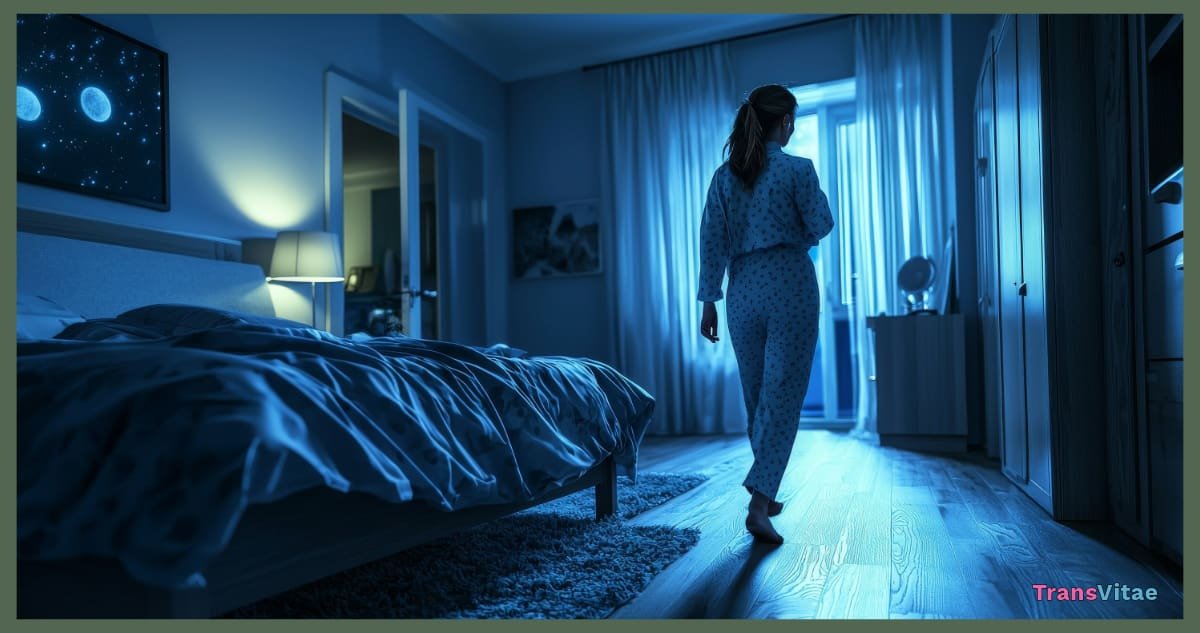A recent survey conducted by the American Academy of Sleep Medicine reveals alarming statistics regarding sleep disruption among Americans due to mental health issues. The findings indicate that 74% of respondents experience sleep loss linked to stress, while 68% report similar issues related to anxiety. Additionally, more than half of the participants (55%) indicate that depression also contributes to their sleep disturbances.
Jennifer Martin, a licensed clinical psychologist and former president of the AASM, explains that stress and anxiety activate the body’s fight-or-flight response, making it challenging to relax and fall asleep. This is particularly concerning as the cycle of poor sleep and worsening mental health can create a detrimental feedback loop. Martin notes, “Mental health conditions disrupt sleep, and insufficient sleep can further impair mental health, leading to cognitive issues and decreased overall quality of life.”
The survey, which included 2,006 adults across the United States, highlights a growing concern about the impact of mental health on sleep. The AASM emphasizes the necessity for individuals struggling with sleep issues to adopt strategies that promote better sleep quality. These strategies include:
1. **Create a relaxing environment**: Transform your bedroom into a peaceful retreat by ensuring it is dark, quiet, and cool, and by investing in comfortable bedding. 2. **Practice relaxation techniques**: Activities like deep breathing, meditation, or journaling can help calm the mind and prepare it for sleep. 3. **Limit caffeine and alcohol**: Cutting down on these substances, particularly in the hours before bedtime, can improve sleep quality. 4. **Stay active**: Regular physical activity can elevate mood and reduce stress. However, it’s advisable to avoid vigorous exercise close to bedtime. 5. **Mind your diet**: Eating a balanced diet and opting for light snacks if hungry can help improve sleep. 6. **Seek professional help**: If stress and anxiety persistently disrupt sleep, consulting with a therapist or counselor may provide necessary support and coping strategies.
Martin stresses the importance of a holistic approach to tackling the interconnected issues of sleep and mental health. She highlights that improving sleep alone is not enough; one must also focus on managing stress and emotional wellbeing to break the cycle of poor sleep and deteriorating mental health.
For those seeking assistance, the AASM offers a directory of accredited sleep centers where individuals can find help for their sleep difficulties. The survey’s results illustrate the pressing need for awareness and action regarding the relationship between mental health and sleep, urging individuals to take proactive steps toward achieving better sleep and overall health.



